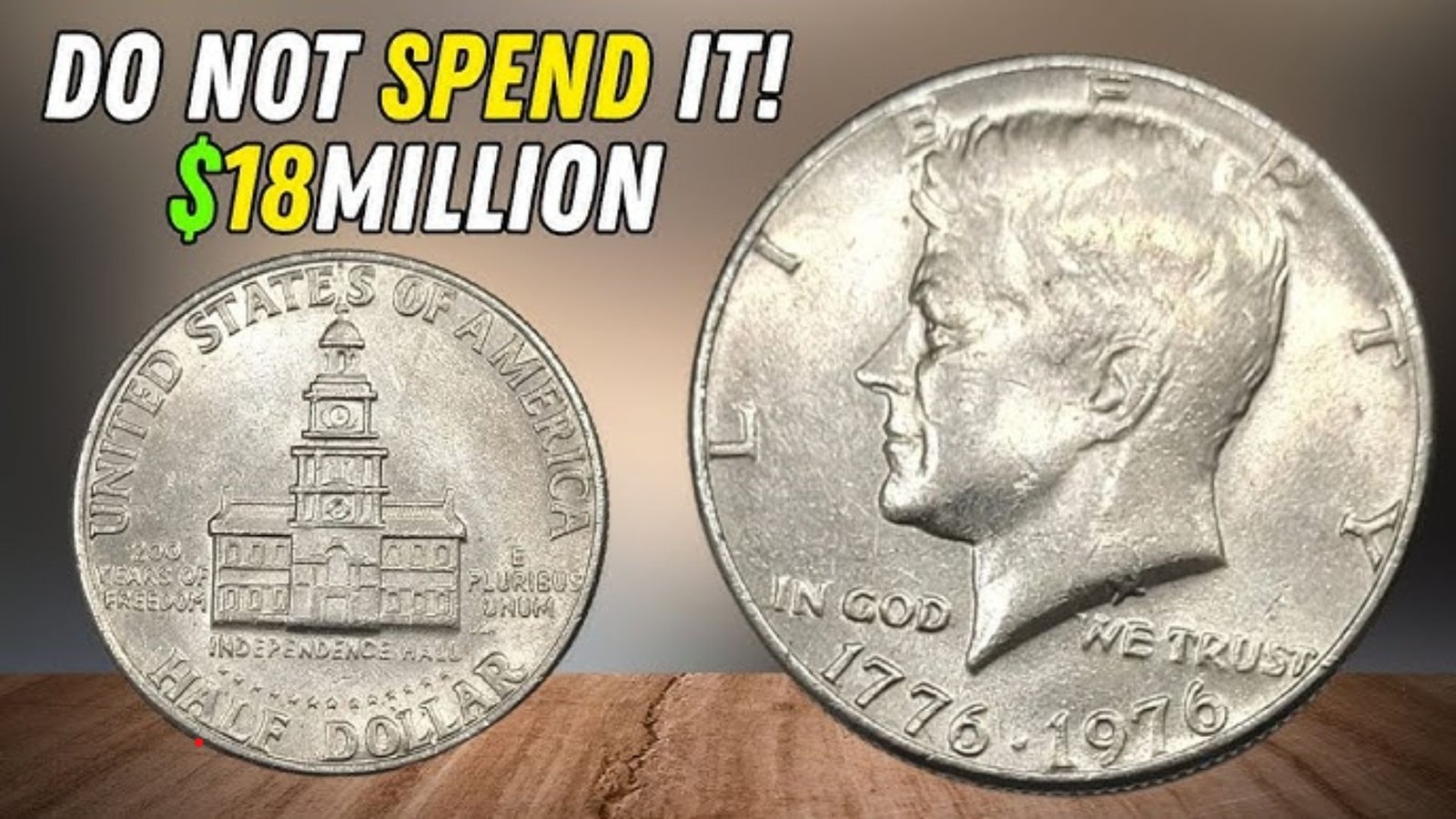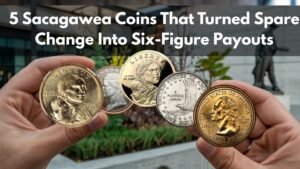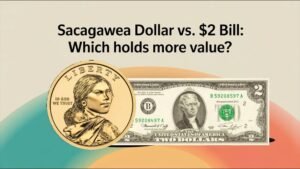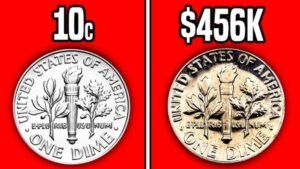Ever rummaged through your pocket change and wondered if you’re holding a fortune? That’s the excitement of Kennedy half dollars – these everyday coins can turn into rare treasures worth thousands in the numismatic world. Introduced to honor a beloved president, some varieties fetch big bucks at auctions. Stick around to uncover the most valuable ones, their history, and tips to spot them yourself.
What Are Kennedy Half Dollars?
Kennedy half dollars are 50-cent U.S. coins featuring President John F. Kennedy on the obverse. They’re part of everyday numismatics but stand out for their memorial design. Minted since 1964, they blend history with collectible appeal.
The reverse shows a presidential seal, except for bicentennial versions with Independence Hall. Their size and reeded edge make them easy to spot among rare coins.
History and Origin of Kennedy Half Dollars
These coins emerged after Kennedy’s 1963 assassination. Congress approved them quickly, replacing the Franklin half dollar at Jacqueline Kennedy’s request.
Designers Gilroy Roberts and Frank Gasparro adapted existing medal art for fast production. First strikes happened in early 1964, amid national mourning.
Composition shifted from silver to clad due to shortages, marking key eras in U.S. minting history.
Why Kennedy Half Dollars Are Valuable Today
In numismatics, rarity drives value. Early silver versions hold melt worth, but pristine conditions or errors skyrocket prices.
Collectors prize them for historical ties and scarcity. As fewer circulate, demand grows, making rare coins like special mint sets highly sought after.
How to Engage With and Benefit From Collecting Kennedy Half Dollars
Start simple: Check your change or buy bank rolls. Join numismatic clubs for swaps and knowledge.
Benefits include potential profits – sell graded coins at auctions. It’s a fun hobby that sharpens history appreciation too.
Notable Facts, Statistics, and Records
Over 3 billion minted, but rarities shine. The 1964 SMS variety sold for $156,000, setting records.
Mintage lows, like 1970-D’s 2.1 million, boost value. Silver content adds intrinsic appeal for investors.
| Top Valuable Kennedy Half Dollars | Year | Variety/Mint | Grade | Auction Value |
|---|---|---|---|---|
| 1964 SMS SP | 1964 | SMS | SP68 | $156,000 |
| 1967 SMS | 1967 | SMS | MS69 | $31,200 |
| 1964-D | 1964 | D | MS68 | $32,900 |
| 1968-S | 1968 | S | PF70 | $22,325 |
| 1964 Accented Hair | 1964 | Proof | PF68 | $19,975 |
| Composition Changes Over Time | Period | Composition | Silver Content |
|---|---|---|---|
| Initial | 1964 | 90% silver, 10% copper | 0.3617 oz |
| Transitional | 1965-1970 | 40% silver clad | 0.1479 oz |
| Modern | 1971+ | Copper-nickel clad | None |
| Special Proofs | 1992+ | 90%+ silver | Varies |
Expert Tips for Finding Valuable Rare Coins
Look for 1964 dates – they’re 90% silver. Check for “SMS” satin finishes or missing initials like “FG.”
Get coins graded by PCGS or NGC for authenticity. Attend coin shows; network with fellow numismatists.
Avoid cleaning coins – it drops value. Store in holders to preserve condition.
Frequently Asked Questions (FAQs)
What makes a Kennedy half dollar rare?
Low mintage, errors, or high grades like MS68+.
Are all Kennedy half dollars silver?
No, only pre-1971 have silver; later are clad.
How do I value my coin?
Use guides or apps, then professional appraisal.
Where to sell valuable ones?
Auctions like Heritage or local dealers.
Is collecting numismatics profitable?
Yes, with patience and knowledge.
Conclusion
Kennedy half dollars blend poignant history with thrilling hunts for rare coins. From 1964 gems to modern proofs, they offer endless discovery. Grab your loupe, start searching your change, and who knows – you might uncover a numismatic jackpot! Share your finds or dive into related U.S. coin topics.




